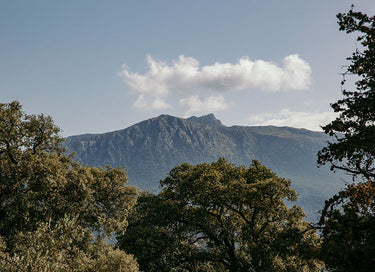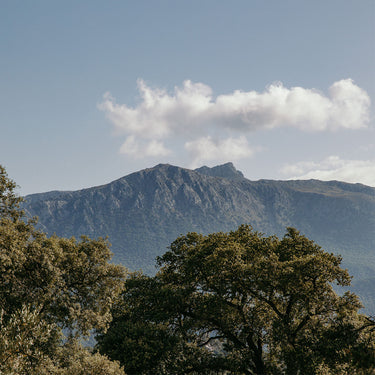


We've made it our mission.
Chelsea Peers are on an ongoing journey to become a more sustainable brand. Passionate about creating a better future for our planet and people, we’ve spent the last nine years taking positive steps in the right direction; from working to internationally recognised certifications and carbon offset programmes to designing in-house at our West London studio and sourcing planet-conscious fibres to continually improve our practices.
Download our impact report here.


Product
Our pursuit of perfection means we’re constantly looking for ways to deliver the highest quality designs that are also kinder to the earth. We work to the world’s leading textile processing standard for organic fibres, GOTS and are proud that 81% of our cotton-made clothing is made of GOTS certified fibres. 99% of our polyester is compliant with the Global Recycled Standard, which provides full traceability of a raw materials journey from source to final product. All our suppliers hold an OEKO-TEX Standard 100 certification, which confirms that every component of a garment – from its threads to its buttons – has been tested for harmful substances.


Planet
Since 2021, we have been partnering with the global supply chain and logistics corporation, Flexport, to develop and maintain an effective carbon offsetting scheme for our freight forwarding. This scheme ensures that 100% of our CO2 emissions are offset against carbon credits that convert landfill gas into energy, reduce deforestation emissions, and support wind and electricity projects. We were very encouraged to see that during 2023, our offsets were equal to the amount of CO2 removed from the atmosphere by 94 acres of trees.
When it comes to our packaging and swing tags, we prioritise using recycled materials and biodegradable poly bags, as well as opting for a paperless shipment and returns policy.


People
We aspire to have a positive impact on everyone within our vibrant community, from our in-house teams and factory workers to our brand partners and loyal customer base. No matter how big or small, every interaction we have throughout a design’s journey is considered.
We work with suppliers and factories who have similar values to ours. Our suppliers maintain standards factories' certification ensuring ethical, health and safety compliance. We accept the following certificates:
1. Smeta / SEDEX certificate
2. amofri BSCI code of conduct
3. WRAP certificate
These certificates ensure the factories follow broadly accepted ethical and labour practices such as (but not limited to) health and safety, use of chemicals, the ban of child labour and subscribe to anti-slavery.


Future
We’ve made it our mission to make strategy decisions and development choices based on the principles of environmental consciousness, inclusivity and ethical discipline. We strive to ensure the longevity and sustainability of Chelsea Peers, whilst minimising the impact on the Earth and positively impacting our community.
To find out more about our future plans, please see our impact report here.